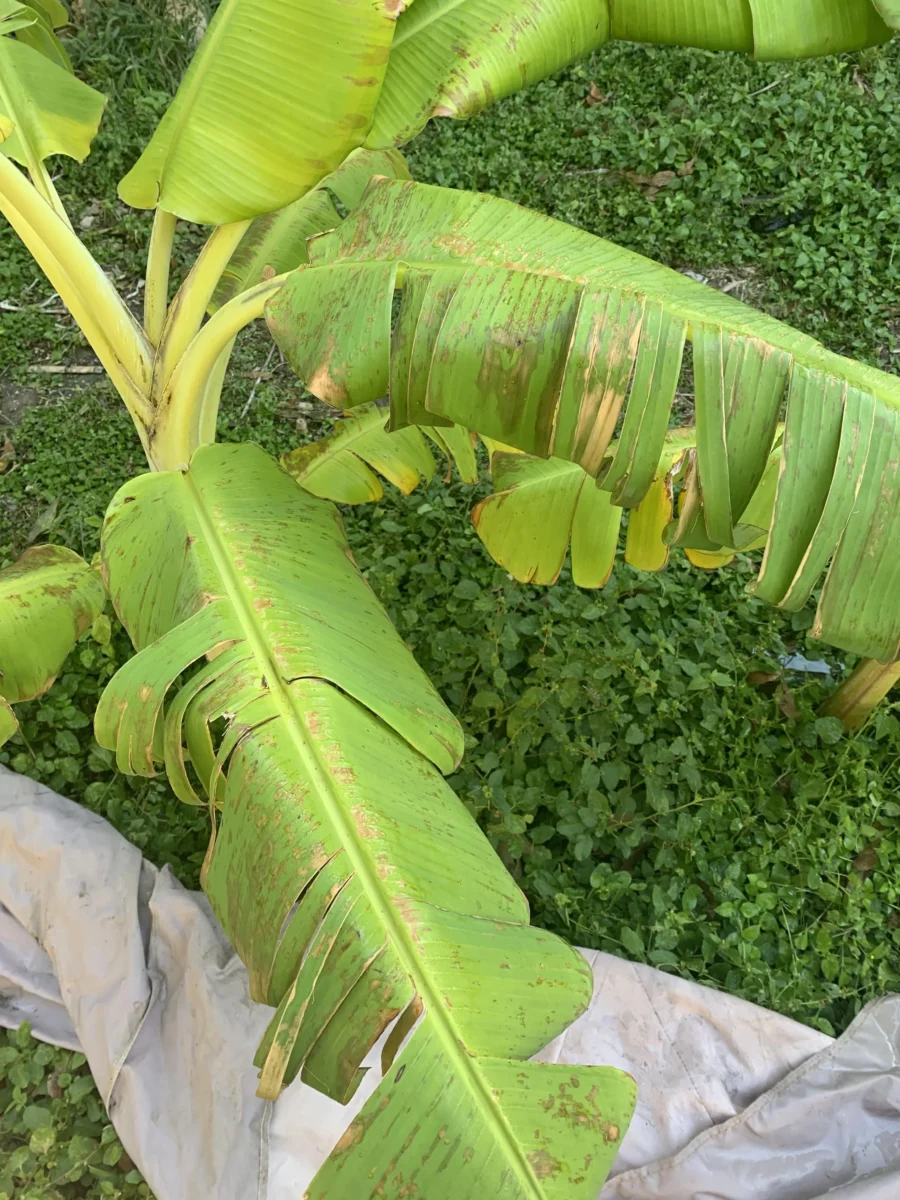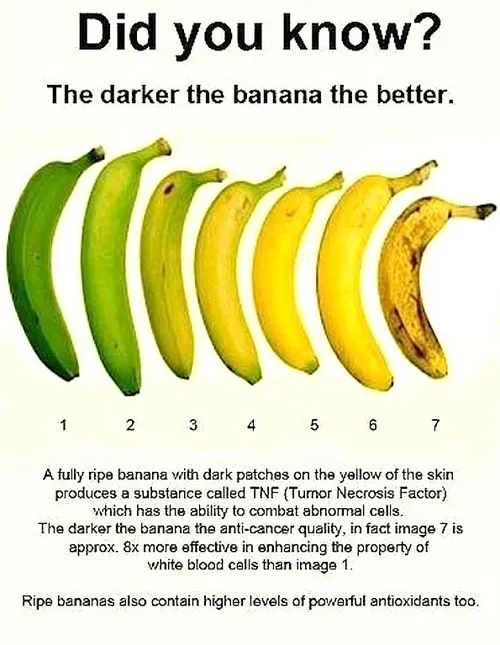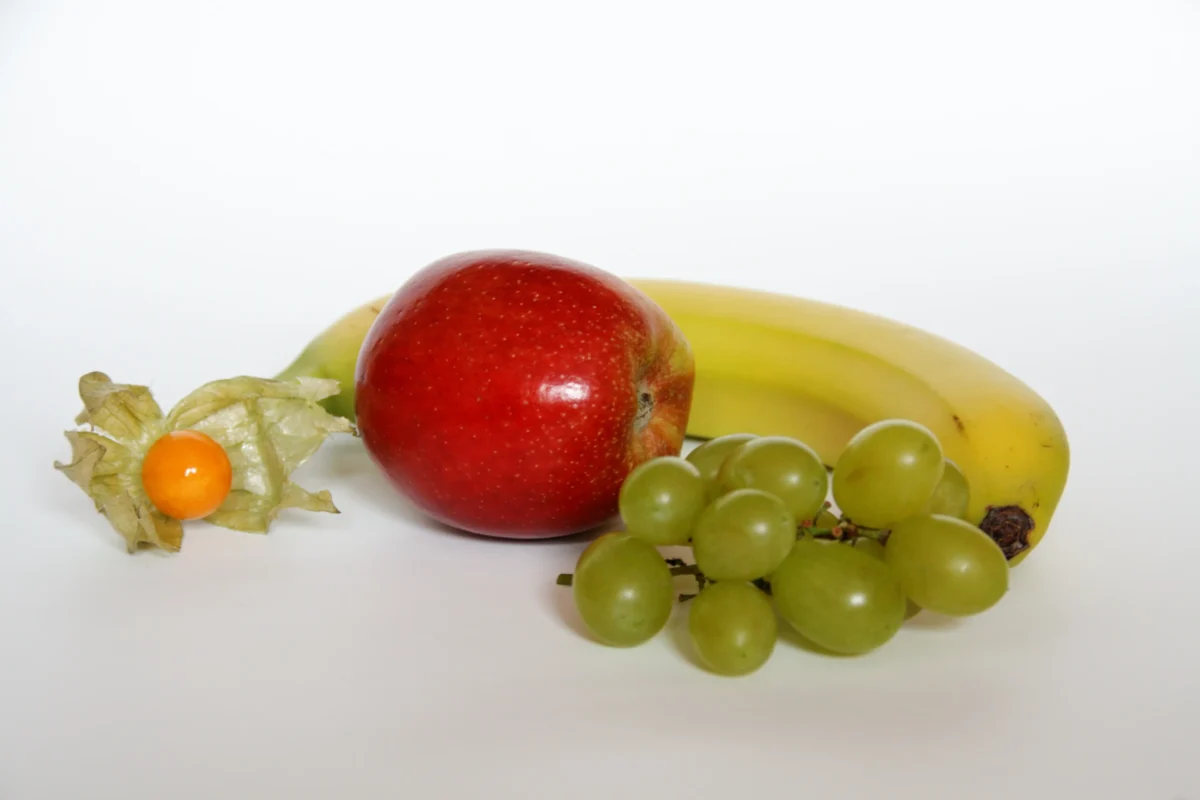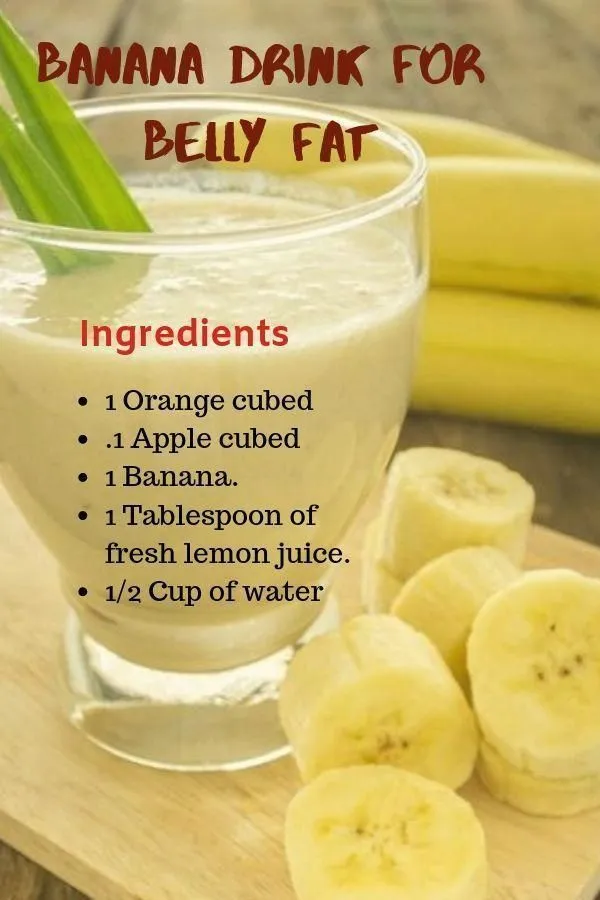The Science Behind Heartburn from Bananas: Understanding the Potential Causes
Are you a fan of bananas but find yourself experiencing heartburn after indulging in this beloved fruit? You’re not alone. The question of why would a banana give you heartburn is an important one, and in this article we’ll explore some of the potential causes.

Heartburn can be caused by a variety of factors, such as acid reflux and certain foods or beverages. However, bananas are generally considered a safe and healthy choice. So why do some people experience heartburn after eating them?
From the chemical makeup of bananas to the potential causes of heartburn after consuming them, we’ll delve into the science behind this phenomenon. So for those looking to learn more about bananas and their effect on digestion, keep reading.
What causes heartburn?

While bananas are a delicious and healthy snack, they can unfortunately be a trigger for heartburn in some individuals. Heartburn occurs when stomach acid flows back up into the esophagus, causing a burning sensation in the chest.
But why do bananas cause heartburn? The answer lies in their high levels of acidity and potassium. While these nutrients are beneficial for many aspects of our health, they can also contribute to the relaxation of the lower esophageal sphincter (LES), which is responsible for keeping stomach acid where it belongs – in the stomach.
When the LES becomes relaxed, it allows stomach acid to flow back up into the esophagus, leading to heartburn. This is especially common after consuming acidic foods like citrus fruits or tomatoes, as well as spicy or fatty foods.
It’s important to note that not everyone will experience heartburn after eating bananas or other trigger foods. However, if you do suffer from frequent heartburn or gastroesophageal reflux disease (GERD), it may be helpful to limit your intake of highly acidic and potassium-rich foods like bananas.
Incorporating other healthy snacks like apples or carrots can help provide necessary nutrients while avoiding potential triggers for heartburn. And if you do indulge in a banana every now and then, try pairing it with non-acidic foods like oatmeal or yogurt to minimize any discomfort.
What are the potential causes of heartburn after eating bananas?
Bananas are a delicious and nutritious fruit that are enjoyed by many. However, some people may experience heartburn after eating a banana. There are several potential causes of this discomfort.
One possible cause is the high acidity of bananas. While bananas themselves are not highly acidic, they do contain natural sugars that can ferment in the stomach and create an acidic environment. This can lead to heartburn and other digestive issues.
Another potential cause is the presence of potassium in bananas. Potassium is an essential nutrient that helps regulate blood pressure, but it can also relax the muscles in the esophagus and allow stomach acid to flow back up into the throat, causing heartburn.
Additionally, some people may have an underlying condition such as gastroesophageal reflux disease (GERD) or irritable bowel syndrome (IBS) that makes them more prone to experiencing heartburn after eating certain foods like bananas.
To avoid experiencing heartburn after eating a banana, it may be helpful to eat smaller portions or combine it with other foods that help neutralize stomach acid such as oatmeal or almond butter. Consulting with a healthcare professional can also provide valuable insights into managing digestive discomfort related to food consumption.

Overall, while bananas offer numerous health benefits, those who experience heartburn after consuming them should be mindful of their intake and consider exploring alternative sources for potassium-rich foods.
The chemical makeup of bananas and how it can affect digestion.
Bananas are a well-known and popular fruit with a unique chemical makeup that can have both positive and negative effects on digestion.
One of the primary components of bananas is fiber, which plays an important role in regulating digestion. Fiber helps to keep the digestive system moving smoothly by adding bulk to stool and promoting regular bowel movements. Bananas are also rich in prebiotics, which are compounds that feed beneficial gut bacteria and support overall gut health.
However, bananas also contain high levels of fructose, a type of sugar that can be difficult for some people to digest. In individuals with fructose intolerance or malabsorption, consuming too many bananas or other fructose-containing foods can lead to bloating, gas, diarrhea, and other uncomfortable digestive symptoms.
Additionally, some individuals may experience allergic reactions to bananas due to proteins present in the fruit’s flesh or skin. Symptoms of banana allergies can include itching, swelling of the lips or throat, hives, and difficulty breathing.
Overall, while bananas offer many potential benefits for digestive health due to their fiber content and prebiotic properties, it is important for individuals to pay attention to their own bodies’ responses when consuming this fruit. Moderation is key when it comes to incorporating bananas into a healthy diet that supports optimal digestion.

Check out our other articles to find out even more about banana.
« Solutions for Dry Banana Bread Batter: Tips and Tricks for Perfectly Moist Bread Every Time
The Top Most Amazing Banana Beauty Tips and Benefits »
Bananas can actually cause heartburn in some people. This is due to the chemical makeup of bananas and how they affect digestion. If you find that eating a banana gives you heartburn, it’s important to talk with your doctor about what steps you should take next.
For more information on why bananas sometimes give people heartburn, check out our other articles to find out even more!







